Scientific and technological advancements are transforming societies, economies, and
global governance at an unprecedented pace. Yet, access to the knowledge and tools
necessary to anticipate and harness these changes remains uneven. The GESDA
Science Breakthrough Radar anticipates what emerging science and technologies will
have a transformative impact on people, planet and society at 5, 10, 25 years.
GESDA’s Anticipation Gateway addresses the so what, why we should care and why it is
important to us. It equips decision-makers, future leaders, and citizens with the ability
to understand and act on emerging science through three key pillars:
An interactive exhibition that enables
citizens to co-create future narratives using insights from GESDA’s Science
Breakthrough Radar developing their awareness of the role of emerging science in their lives
A trusted source of intelligence
on why and how emerging science and technologies play a role in people’s life
today and tomorrow
A training framework providing a reference for institutions worldwide to prepare leaders to navigate science- and technology-driven transformations by democratizing access to knowledge and providing a toolbox for experiential learning, the Anticipation Gateway empowers societies to engage with the future in a meaningful, informed, and proactive way.
About us
What we do
By subscribing you agree to with our Privacy Policy



© 2020 – Geneva Science and Diplomacy Anticipator